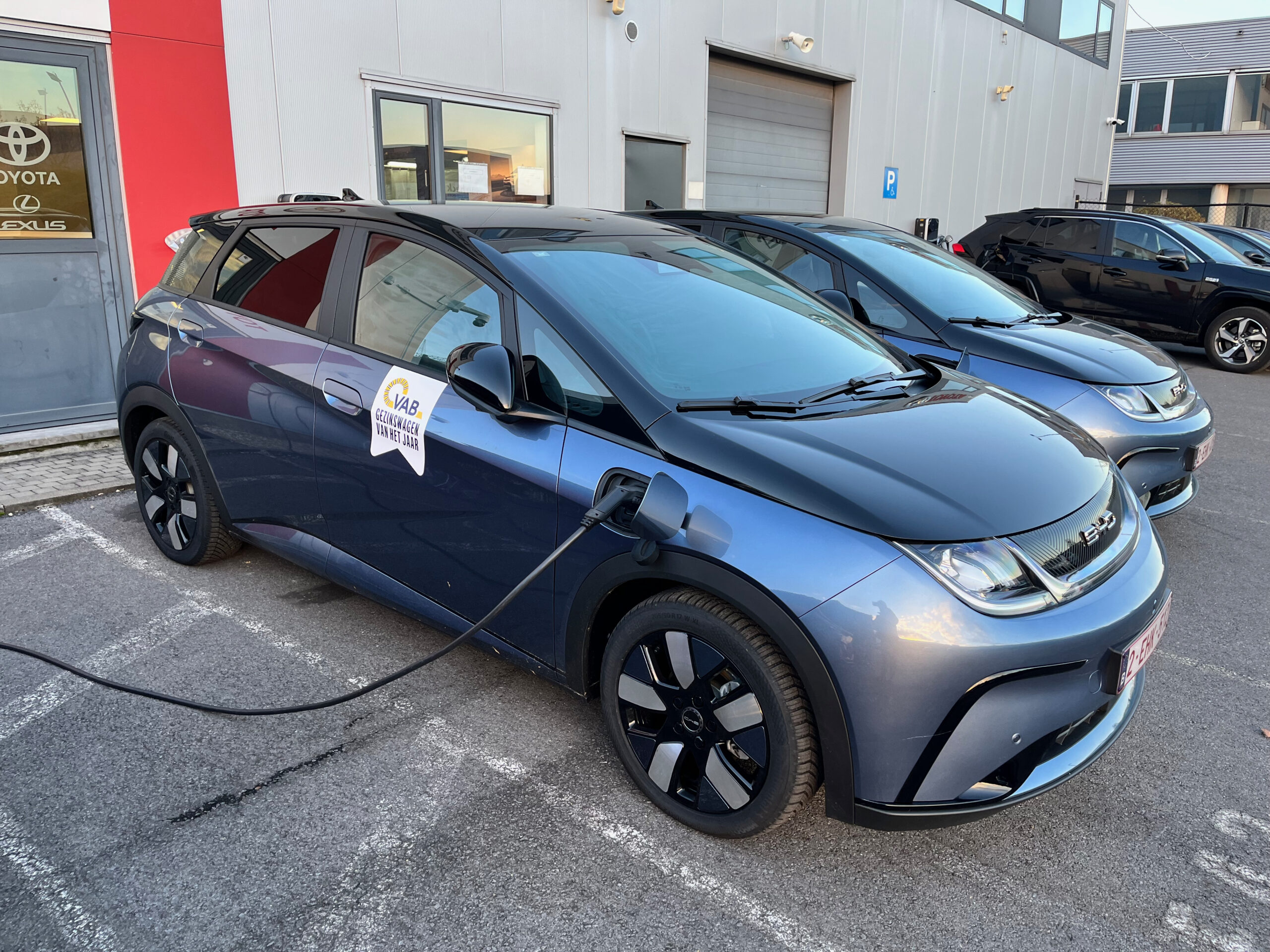
Incomprehension feeds the Belgian’s bias against EVs

With a km cost of €0,54 (10,000 km) and €0,33 (20,000 km), the reasonably sized Dolphin is already cheaper in TCO than most contenders with a classic combustion engine in the category of up to €38,000, VAB proved /NMN
A new spring announces itself; a such-and-such new 'mobility barometer' is showing up. For just over half of all Belgians (51%), there is li


Comments
Ready to join the conversation?
You must be an active subscriber to leave a comment.
Subscribe Today